Timeline of Alcohol Delivery in Washington
In 2020, COVID pandemic shutdowns brought about major hardships for the food the beverage industry. In response, the Washington State Liquor & Cannabis Board (WSLCB) temporarily loosened restrictions and allowed restaurants to start selling cocktails to-go.
In 2021, the legislature codified many of the temporary liquor license privileges with an expiration date of July 1, 2023.
Following these changes, the WSLCB performed sting operations where they placed minors in hotel rooms and had them order in dinner and cocktails from local restaurants. According to then Captain Jennifer Dzubay, the delivery drivers had a compliance rate of only 40%. In other words, in 6 out of 10 sting operations, alcohol was delivered to a minor. Most of the deliveries were made by DoorDash drivers, but regardless, the licensee was still held responsible.
On July 1, 2023, Senate Bill 5448 went into effect permanently allowing certain licensees in Washington to sell to-go beer, wine and mixed drinks with some rules. The bill also included a temporary provision allowing licensees to deliver to-go orders containing alcoholic beverages through July 1, 2025.
ALCOHOL
TAKEOUT
Permanent provision.
VS.
ALCOHOL DELIVERY
Temporary provision until
July 1, 2025.
Senate Bill 5448 included direction for the WSLCB to submit recommendations to the governor and legislature for a comprehensive alcohol delivery policy by November 1, 2023.
These recommendations focus on refining alcohol delivery rules to make them more equitable, although some unexplained nuances still remain.
The timeline for the next steps is now really up to the legislature. Hopefully, it will review the WSLCB’s recommendations and push them into law before the alcohol delivery expiration date of July 1, 2025.
Who Benefits From Senate Bill 5448?
Several types of liquor licensees can take advantage of the new alcohol takeout and delivery laws by applying for one of the WSLCB’s temporary Takeout/Delivery endorsements. Albeit, with additional hardships as explained below.
The endorsements fall into three different categories:
- Factory Sealed Bottles, Cans and Kegs
- Growlers
- Premixed Cocktails and Wine To-Go
That said, the “Premixed Cocktails and Wine To-Go” endorsement is only available to two types of licensees: Restaurant – Beer and Wine and Restaurant – Spirits, Beer and Wine.
Understanding the Changes: Selling Alcohol To-Go or Curbside
The rules for selling alcohol to-go, or curbside, are straightforward.
Alcohol products sold for takeout or delivery must be in a factory sealed container or tamper-resistant container.
Alcohol products must be labeled with the words “CONTAINS ALCOHOL, FOR PERSONS 21+”. If the alcohol products are enclosed in a bag, box or other packaging, the packaging must also be labeled with the same words. Producers (breweries, wineries, and distilleries) are exempt from this requirement.
Unfortunately, licensees with a Restaurant type licensee have strict food requirements to adhere to. Depending on the type of license and endorsement held, a specified minimum food purchase must be made with the alcohol.
Lastly, licensees with a temporary Takeout/Delivery endorsement must post a new sign at the main entrance of the premises. The Alcohol To-Go Sign includes laws regarding public consumption and transportation of alcohol.
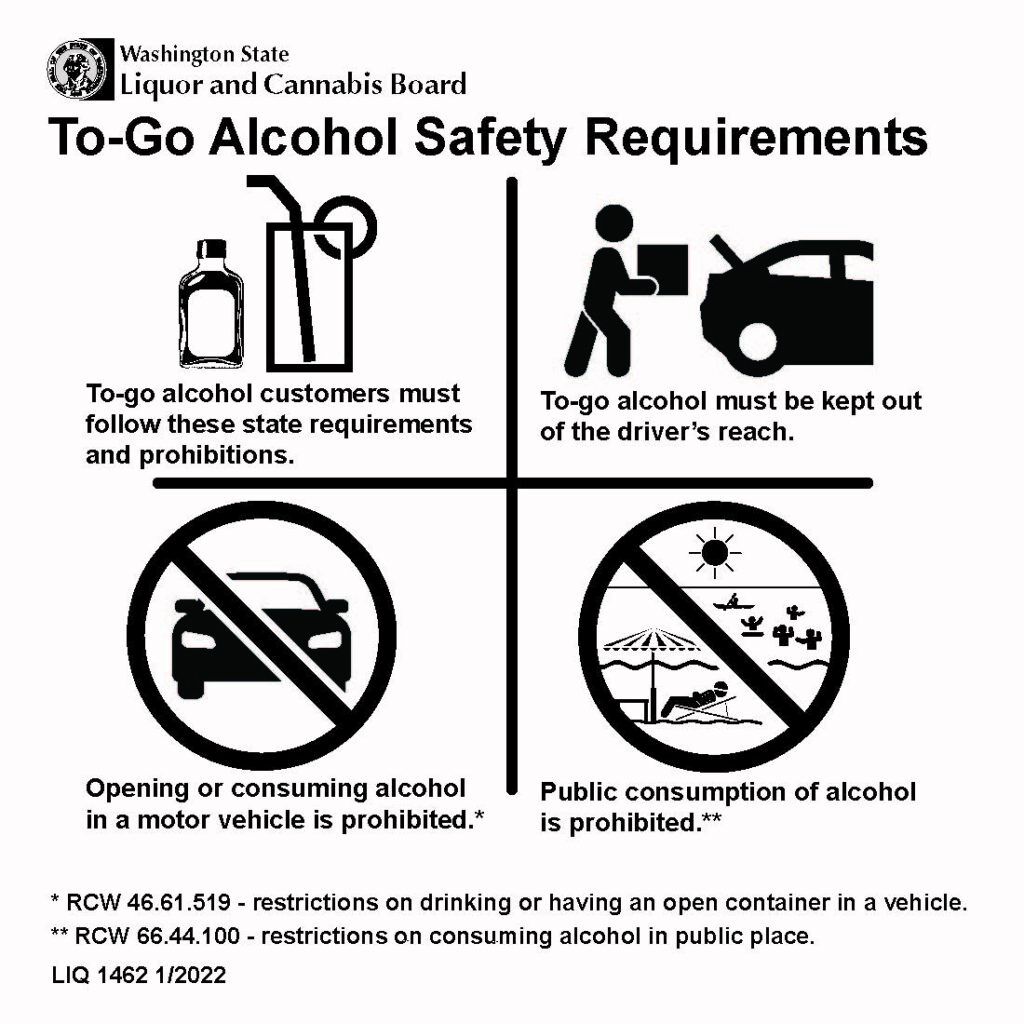
Understanding the Changes: Delivering Alcohol
Senate Bill 5448 instituted some big changes for alcohol delivery.
Deliveries must now be made by employees of the licensed business. Third-party providers such as DoorDash, GrubHub and Uber Eats can no longer be used.
Delivery must be made by employees who are 21 or older and hold a valid Class 12 MAST Permit. Minors or employees with a Class 13 MAST Permit are not allowed to deliver.
Lastly, employees whose duties involve the delivery of alcohol must obtain a Class 12 MAST Permit before engaging in alcohol delivery. The 60-day grace period does not apply to them.
REQUIREMENTS
- Alcohol may not be delivered to a person showing signs of intoxication.
- Alcohol may not be delivered to a minor and cannot be left unattended.
- A signature must be obtained by the person receiving the delivery.
- Alcohol must be returned to the licensed premises if the delivery cannot be made.
Current Inequities of Senate Bill 5448
Before Senate Bill 5448, when third-party delivery companies could be used to make alcohol deliveries for on-premises licensees, the licensee was held accountable if the delivery employee was guilty of non-compliance (e.g. delivering alcohol to a minor).
Senate Bill 5448 addressed this inequity by removing third-party delivery companies from the equation completely. Since deliveries including alcohol must now be made by an employee of the licensee, they are far less viable for licensees.
WE ARE GOING TO SEE A LOT FEWER ALCOHOL DELIVERIES WITH SENATE BILL 5448.
We are going to see a lot fewer alcohol deliveries with Senate Bill 5448. On-premises licensees hoping to make alcohol deliveries must now sort out the ADDITIONAL logistics of having a trained employee available to make deliveries, along with reliable transportation.
While researching Senate Bill 5448 and its background, these inequities stood out the most:
- Employees delivering alcohol for on-premises licensees must have a MAST Permit, but not employees delivering alcohol for off-premises licensees.
That’s right, the Instacart employee that just delivered your wine and groceries from Costco currently does not have to have a MAST Permit. Although hopefully they checked your ID anyway.
How did off-premises licensees get off the hook? Historically, the law for MAST Permits has been connected to the sale of alcohol at on-premises locations. It seems that Senate Bill 5448 simply followed suit and only focused on instituting a MAST Permit requirement for alcohol deliveries from on-premises locations. - For the “Factory Sealed Bottles, Cans and Kegs” and “Growlers” endorsements, only Restaurant licensees have to contend with the food requirements.
Speaking from personal experience as a restaurateur, the profit margin on food is punishingly tight. Then, add in extra for to-go containers and the cost of delivery. It just feels like the licensee that already has it the hardest is being penalized extra here by being held to higher standards than the rest. Why? - For the “Premixed Cocktails and Wine To-Go” endorsement, why aren’t Nightclubs or Taverns eligible for this endorsement?
It could make sense if the discriminating eligibility factor for this endorsement was spirits. However, currently, Restaurant – Spirits, Beer and Wine licensees are eligible, so why aren’t Nightclubs (including craft cocktail lounges operating under the Nightclub license)?
I also thought eligibility could have something to do with food. Since Nightclubs and Taverns are not required to serve food, they might not be able to meet the requirement of a minimum food service being sold with each beverage.
However, Taverns are eligible for the “Factory Sealed Bottles, Cans and Kegs” and “Growlers” endorsements without a food requirement, so why aren’t they also eligible for the “Premixed Cocktails and Wine To-Go” endorsement without a food requirement?
Needless to say, I had difficulty determining the reasoning behind this endorsement. There doesn’t seem to be a clear common denominator for eligibility.
The WSLCB’s Recommendations to Address Inequities of Alcohol Delivery
The WSLCB’s recommendations for Senate Bill 5448 address many, but not all of the current inequities of alcohol delivery.
For example, the WSLCB recommends that third-party delivery companies once again be allowed to deliver alcohol on behalf of on-premise licensees (e.g., restaurants). However, moving forward, the delivery company will be held accountable for non-compliance, not the licensee.
This would be accomplished as delivery companies will be required to obtain a $2,500 license from the WSLCB and delivery employees will be required to receive training and a permit.
Further refining the gaps in consistency, the WSLCB recommends that third-party delivery companies currently making alcohol deliveries on behalf of off-premise licensees (e.g., grocery stores) also be included in the requirement for obtaining a license and training employees.
Lastly, whereas the WSLCB’s temporary Takeout/Delivery endorsements are currently free, moving forward liquor licensees would be required to pay $120 for the endorsement.
This endorsement fee along with the licensing fee for the delivery companies would help offset the cost of compliance checks performed on takeout and delivery.
For questions specific to the recommendations submitted to the legislature, contact the agency policy team ([email protected]).
The Future of Alcohol Delivery in Washington
Although the takeout provision is permanent, the delivery provision is only in effect until July 1, 2025. Is it reasonable to think that the delivery provision will eventually become permanent too? Maybe not.
When I was reviewing the WSLCB’s recommendations, I was surprised to see how much a delivery compliance check costs ($1,450 per delivery check versus $160 for a standard).
STANDARD
COMPLIANCE CHECK
Officers = 2
Cost = $160
VS.
DELIVERY
COMPLIANCE CHECK
Officers = 8
Cost = $1,450
That, coupled with the WSLCB’s findings that it’s “best practice” to perform three checks a year at each licensed location had me wondering….
What is the likelihood that these recommendations will be viewed as financially unviable and get shot down by the legislature?
If that happens, what is the likelihood that it goes relatively unnoticed since most licensees currently can’t afford to make their own alcohol deliveries anyway?
IS IT REASONABLE TO THINK THAT THE DELIVERY PROVISION WILL EVENTUALLY BECOME PERMANENT TOO? MAYBE NOT.
📚 Related Resources for Washington Alcohol Servers
Do I Need a MAST Permit to Work an Event?


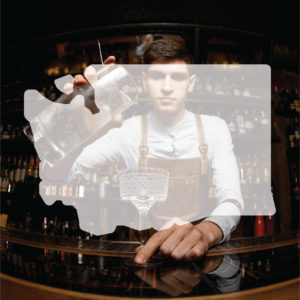
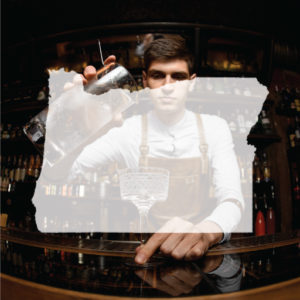
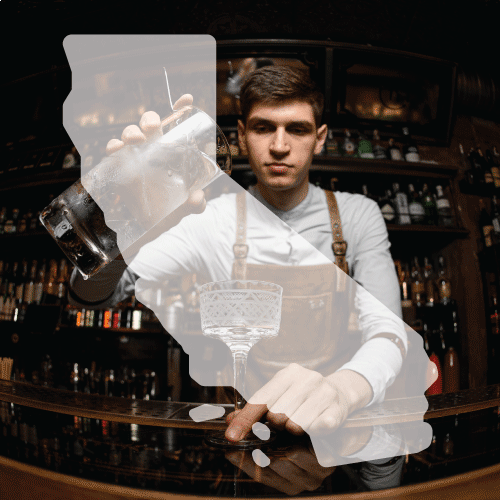

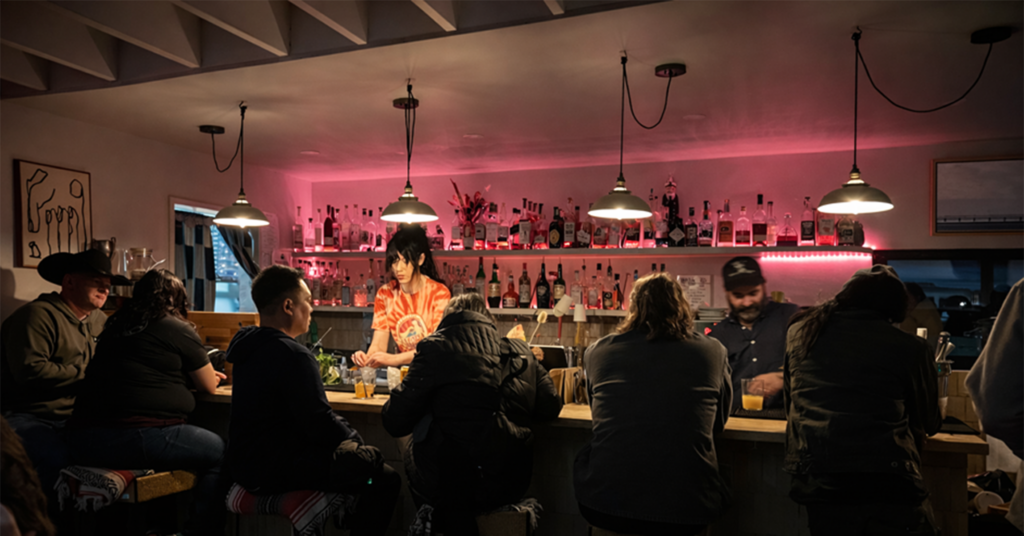
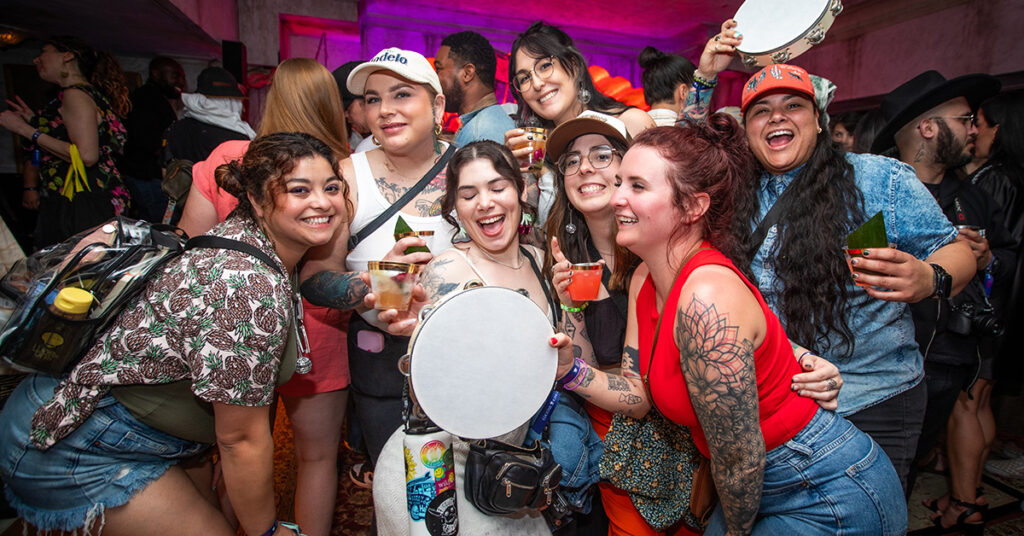

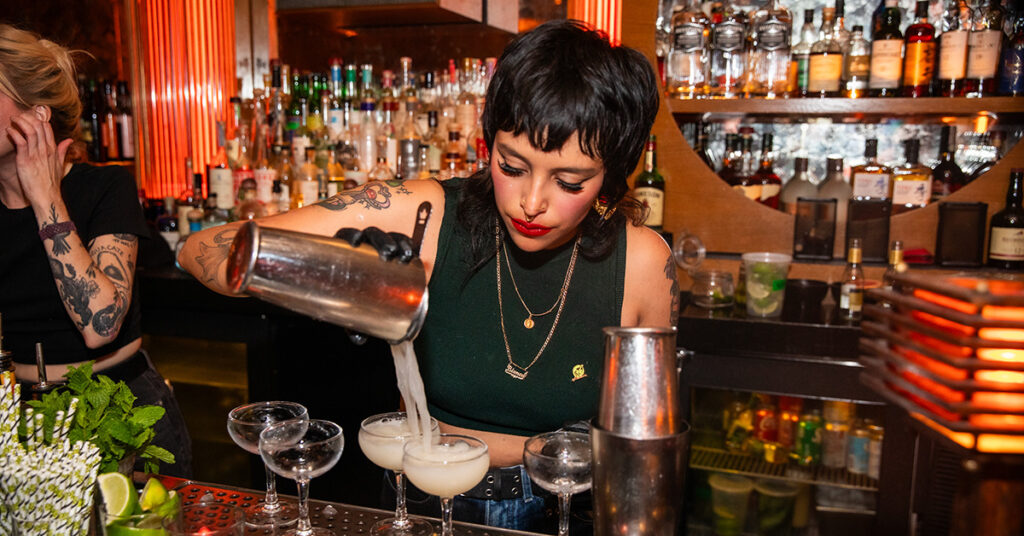
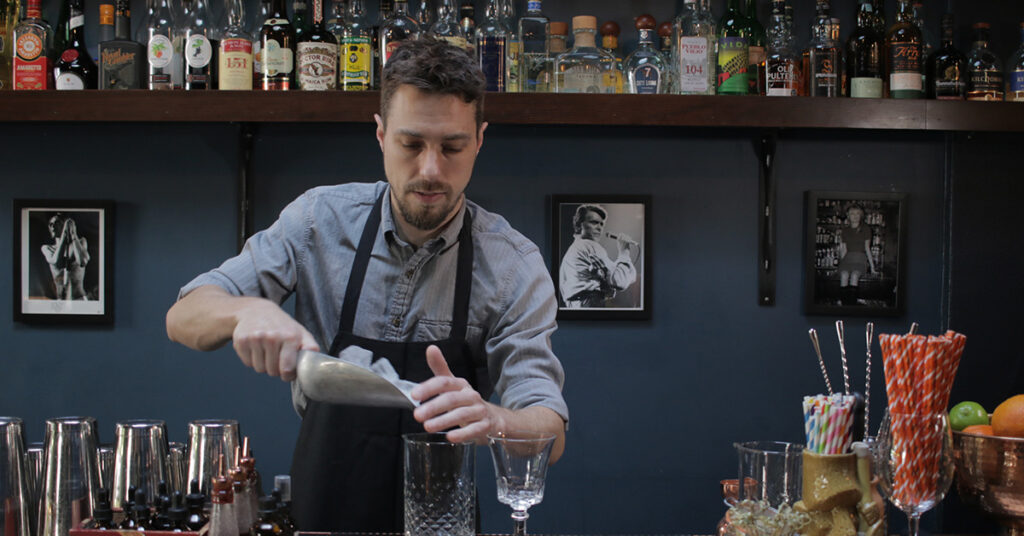

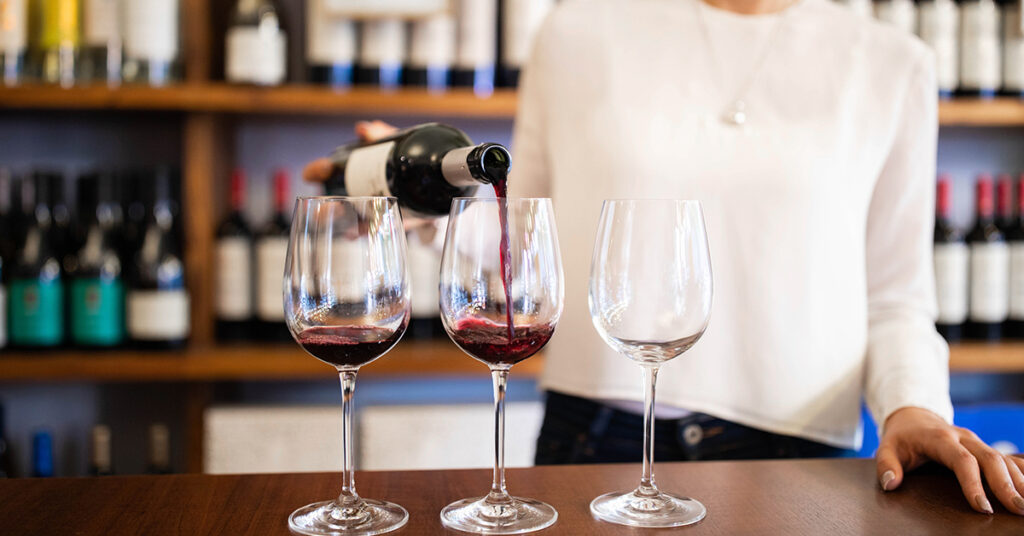

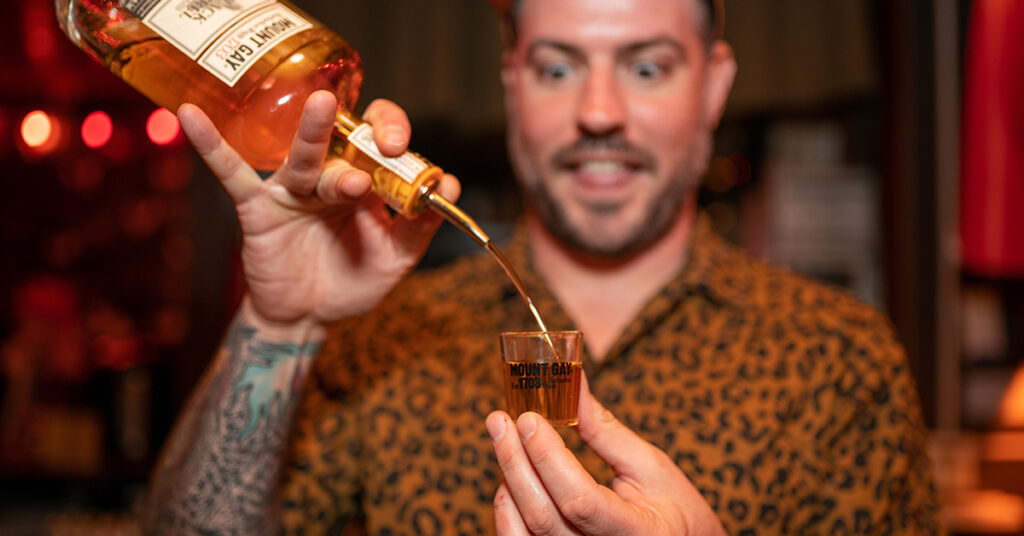

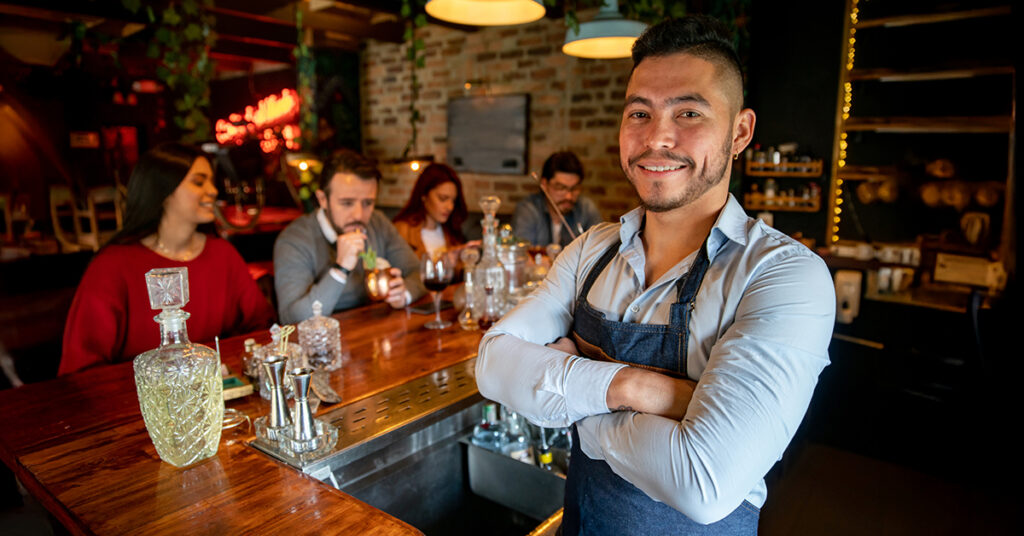

Submit a Comment